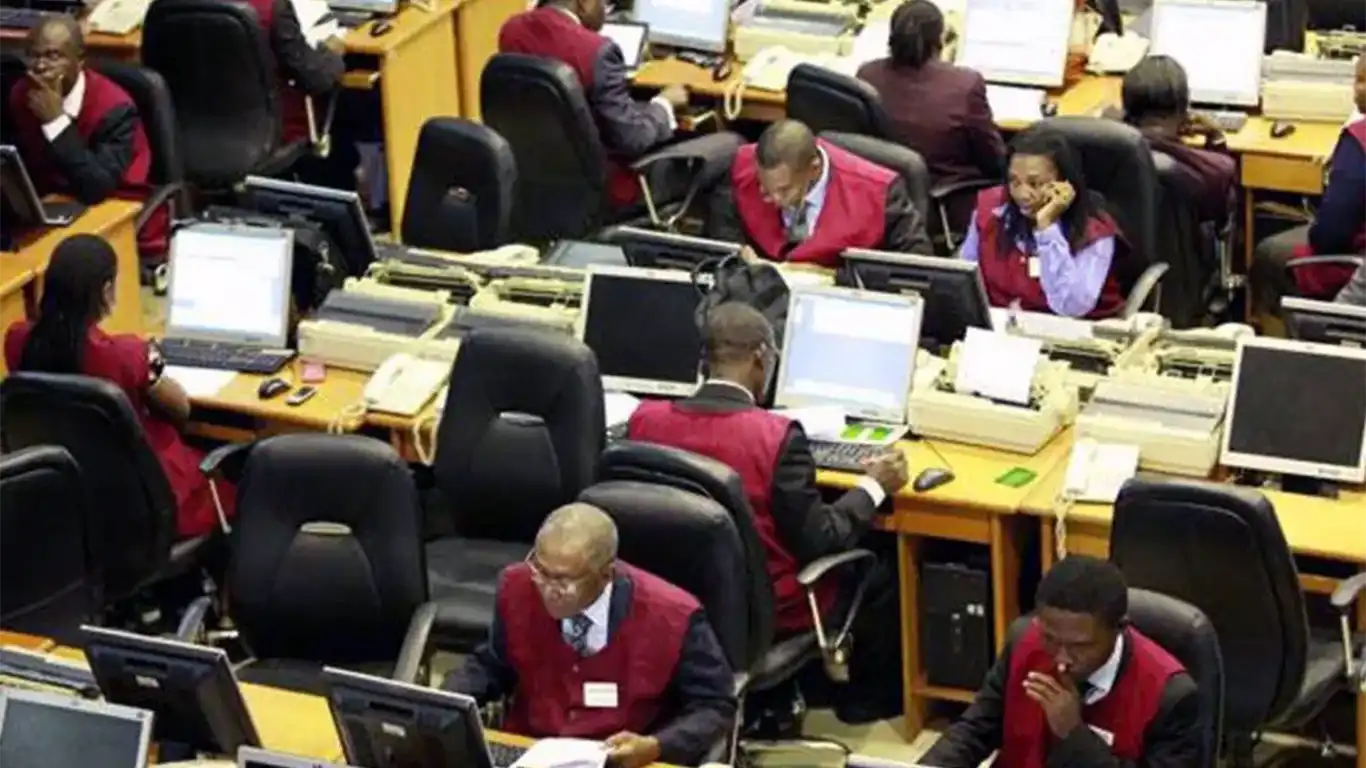
Table of contents
Understanding the Role of Technology in Shaping Financial Market in Nigeria
Technology has played a pivotal part in the development of the Nigerian financial industry, which has seen substantial change over the years. Financial institutions in Lagos and elsewhere in Nigeria have benefited greatly from technological advancements, which have also altered the nature of the country’s financial industry. The impact of technology on Nigeria’s financial markets is the subject of this essay.

The Four Types of Financial Markets
It is important to have a firm grasp of the various financial market structures before delving into the function of technology in these arenas. Generally speaking, there are four distinct kinds of financial markets:
- The word “money market” is commonly used to refer to the market for short-term securities like treasury bills, commercial papers, and certificates of deposit.
- Long-term investments such as bonds, stocks, and other securities are traded on the Capital Market.
- The Foreign Exchange, or Forex, Market is where buyers and sellers of currencies trade their goods and services.
- The financial instruments traded on the Derivatives Market are valued relative to a base asset, such as a stock or a commodity.
Examples of Financial Markets in Nigeria
The Nigerian Stock Exchange (NSE), Bond Market, Foreign Exchange Market, and Money Market are all examples of financial markets in Nigeria. The NSE is the major market for trading stocks, while the Bond Market is the main market for trading bonds issued by governments and corporations. To trade currencies, there is the Foreign Exchange Market, whereas the Money Market deals in short-term securities.
The Five Financial Markets
Nigeria is home to five different financial markets, including the aforementioned four varieties. They are:
- The Stock Exchange is a marketplace for trading shares of corporations that are publicly traded.
- Bonds and other debt securities are exchanged on this market.
- As was mentioned before, the Foreign Exchange Market facilitates transactions involving currencies from different countries.
- The Commodities Exchange is a trading platform for commodities including gold, oil, and food.
- The Derivatives Market trades in financial products whose worth is derived from the value of underlying assets.

The Major Players of Nigerian Financial Market
Financial institutions in Lagos, top finance businesses in Lagos, and top financial corporations in Lagos are only few of the many participants in Nigeria’s financial system. Financial institutions, insurance firms, investment banks, and asset management firms all fall within this category. Because it controls and monitors the operations of financial institutions in Nigeria, the Central Bank of Nigeria (CBN) is also a major participant in the Nigerian financial market.
Some of the top players
As a result of technological advancements, these participants are now more productive and successful than ever before. Financial institutions in Lagos, for instance, have embraced the usage of digital banking systems, allowing their clients to conduct banking transactions remotely. The leading financial institutions in Lagos have also been quick to adopt new technologies, creating mobile apps and other digital solutions to improve customer service.
Read: The Impact of the Nigeria Supreme Court Decisions on the Nation’s Future
Read: The Rise of Lagos: How the City’s Economy is Poised for Growth
Conclusion
To sum up, technological advancements have been crucial in the development of the Nigerian financial sector. New financial products and services, more operational efficiency, and greater access for previously underserved populations are all results of widespread technological usage. The Nigerian financial industry is poised for more disruption and reinvention as a result of ongoing technological advancements.

